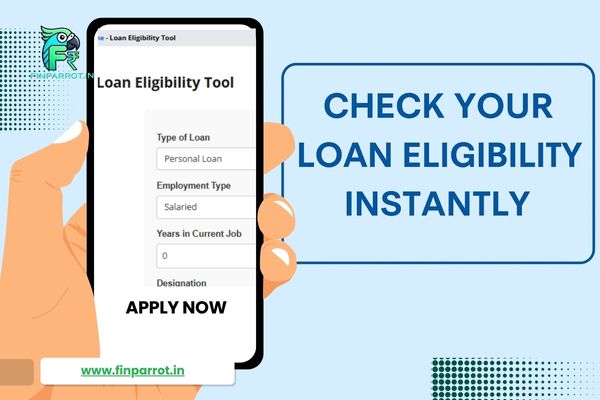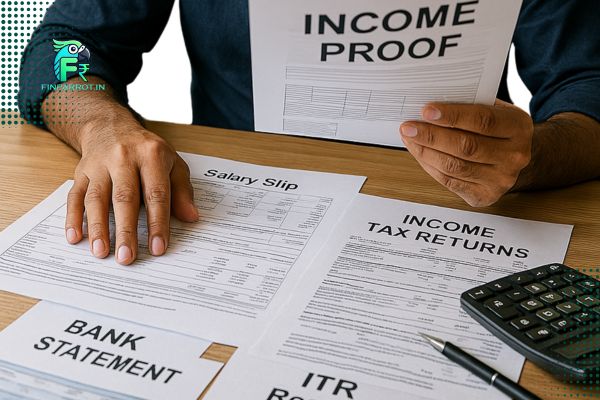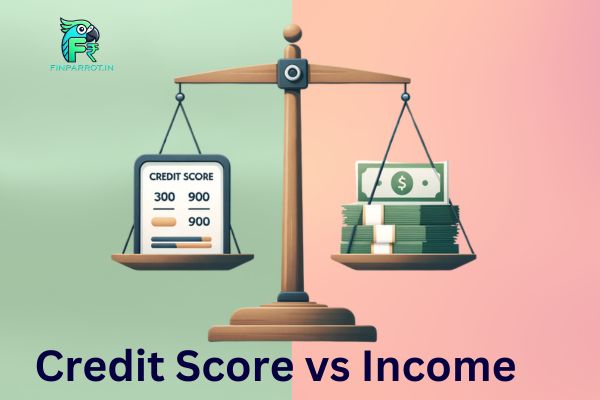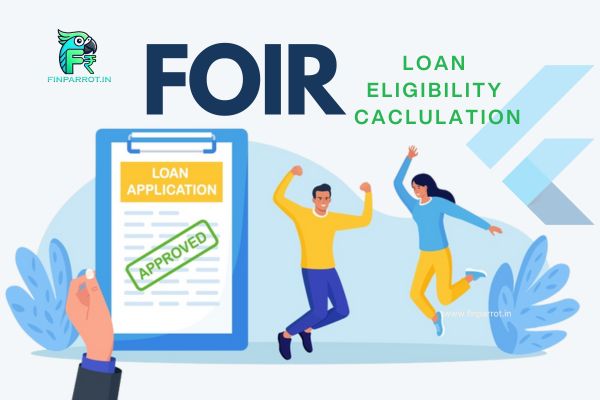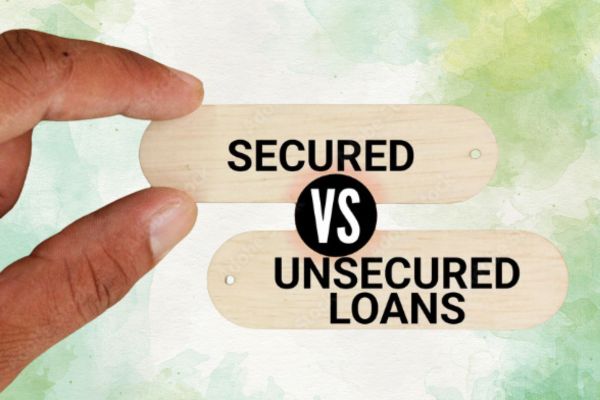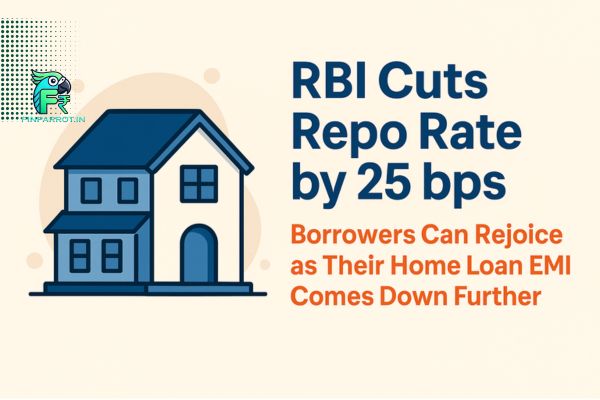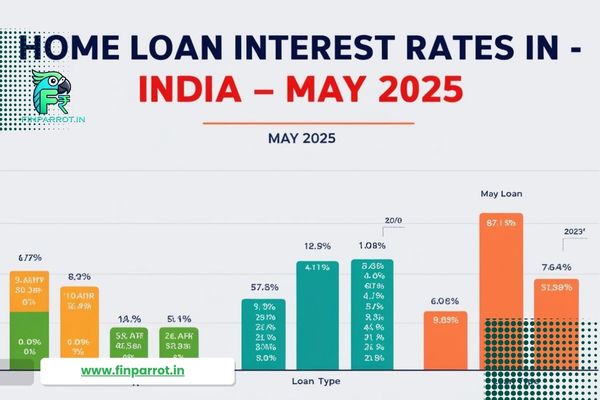Introduction
Are you suffering from a financial crunch and need a loan? Be it an education loan, car loan, home loan or personal loan, knowing the criteria for eligibility is a must. Knowing business, education, car loan eligibility, or eligibility for housing loans will definitely help. How? Well, it will save you time and boost your chances of approval. A loan eligibility calculator can help you determine where you stand. By being informed, you’ll avoid unnecessary rejections and focus on loans that suit your profile. Take control of your loan journey and make informed decisions with a clear understanding of loan eligibility criteria. Research and plan wisely.
Keep reading this article! From here, you will learn about loan eligibility definition, different lender criteria, and influencing factors alongside myth clarification and online loan checking with an eligibility calculator method.
What Does Loan Eligibility Mean?
Wondering what is loan eligibility? A lender must meet defined conditions to qualify for a loan according to the criteria of loan eligibility. Well, it is as simple as this!
A borrower must meet some requirements, including income level and credit score, along with stable employment and current debt status, as well as repayment abilities. Each type of loan, such as car financing and residential mortgage, requires unique evaluation elements. A personal loan eligibility calculator enables users to evaluate their chance of loan acceptance through factor assessment.
So, in a nutshell, you can say that loan eligibility is a way by which the lender checks if you can repay the loan on-time. It takes your income, payment history and credit score into account while considering it!
Are you still confused? Still wondering why loan eligibility is different for different lenders! Read on; we have got you covered!
Why Loan Eligibility Differs Across Lenders
The assessment process of potential borrowers depends on three main factors: risk tolerance, policy direction, and desired client type.
Some banks tend to establish more stringent standards than those of private banking institutions. Bank home loan eligibility has different income and flexible term rules than those of public sector banks. Applicants who utilize a housing loan eligibility calculator gain clarity regarding their position compared to different banks.
5 Reasons Why Loan Eligibility Differs Across Lenders:
- Varying Risk Assessment Models: Risk evaluation models implemented by lenders differ from one another, thus influencing their loan approval frameworks.
- Target Audiences Differ from One Another: Since banks serve various customer bases, they have established alternative qualification guidelines.
- Loan Types and Purpose: Business, personal education, car, home loans operate under different approval procedures than one another.
- Regulatory Policies: Banks follow distinct compliance guidelines through which their loan offerings are affected.
- Market Competitiveness: The competitive market environment, as well as economic factors, drive lenders to alter their qualification standards.
7 Key Factors That Influence Loan Eligibility
Depending on multiple elements, an applicant will receive approval for a loan:
- Loan eligibility may differ between secured and unsecured loans. Secured loans offer 70% to 85% of the asset value, while unsecured loans range from 55% to 65%.
- A higher credit score improves your chances of getting approved for an unsecured loan, such as a personal loan or a high-value loan.
- Income assessment by lenders focuses on your monthly earnings to determine loan affordability.
- The consistency of a salaried worker plays a crucial role in securing loan approval.
- Improved eligibility results from having fewer current debts.
- When you seek a larger loan duration, the lender requires a more solid financial situation from you.
- A positive outcome exists for personal loan eligibility at any bano when applicants are young and demonstrate consistent income streams.
Common Myths About Loan Eligibility
- High income does not automatically secure approval, but lenders will review credit scores and payment history.
- Government workers always meet these requirements even though lenders assess their debts.
- Home loan eligibility from different banks presents different conditions since lending institutions operate under separate policies.
- Better chances exist when applicants do not have a credit history – Lack of credit history can serve as an advantage.
- The process of loan rejection creates long-term consequences for your eligibility, but you can restore your eligibility through successful financial management to reattempt the application.
Procedure for Assessing Your Qualification for Online Loans
The loan eligibility calculator provides an easy way for users to determine their chances of loan qualification. Banks make personal loan eligibility checks accessible through their online tools, which use income, credit score information, and other criteria to generate estimates. Online loan eligibility tools exist for particular loan categories to conduct swift assessments of car loan and business loan requirements.
Steps to Check Eligibility Online:
- Open the personal loan eligibility calculator through the bank’s official website.
- Users should input their income level, employment type, and loan amount alongside their credit score.
- Use the submission form to obtain an immediate assessment of your qualifications.
- Users can evaluate bank offers through bank home loan eligibility and housing loan eligibility calculators in addition to other bank comparison tools.
Quiz
[poll id=”13″]
FAQ’s
Who is not eligible for a loan?
Individuals with low income, poor credit scores, unstable employment, or high existing debts may not qualify for a loan.
Which bank gives a loan easily?
IDFC FIRST Bank, Piramal Finance, and Samman Capitals are known for their quick and flexible loan approvals with minimal documentation (Proven Track Record).
Conclusion
Before applying for a loan, check your eligibility to avoid unnecessary rejections. Loan eligibility calculators can give you an estimate—usually ranging from 55% to 85% based on your FOIR (Fixed Obligations to Income Ratio)—but they don’t guarantee approval. but they don’t guarantee approval, lenders also assess your income range and stability, credit history, and overall financial health.
Once you’ve checked your eligibility, you can confidently apply for a loan or contact us for a detailed assessment. We’ll help you find the top 3 lenders that best match your profile—without affecting your CIBIL score. Our goal isn’t just to sell—we’re here to provide honest, expert guidance so you can confidently make the best financial decisions.
People Also Read
What is CIBIL Score and Why It’s Important | Personal Loan Guide 2025 | Why CIBIL Score Matters for Loan Apps

